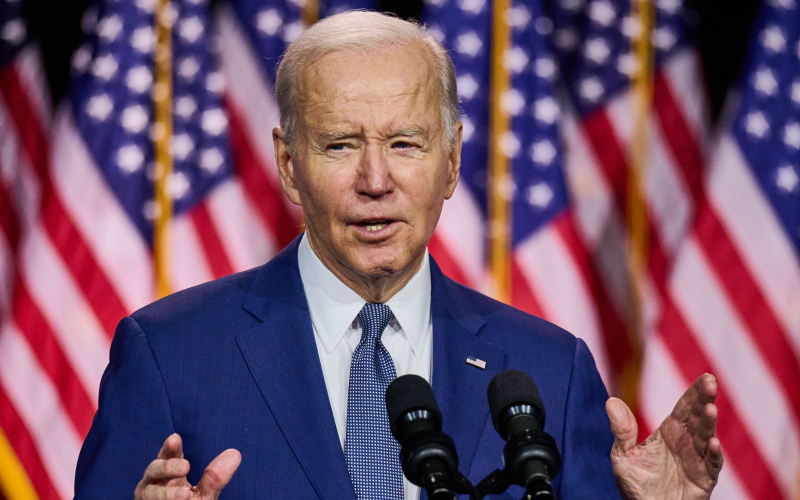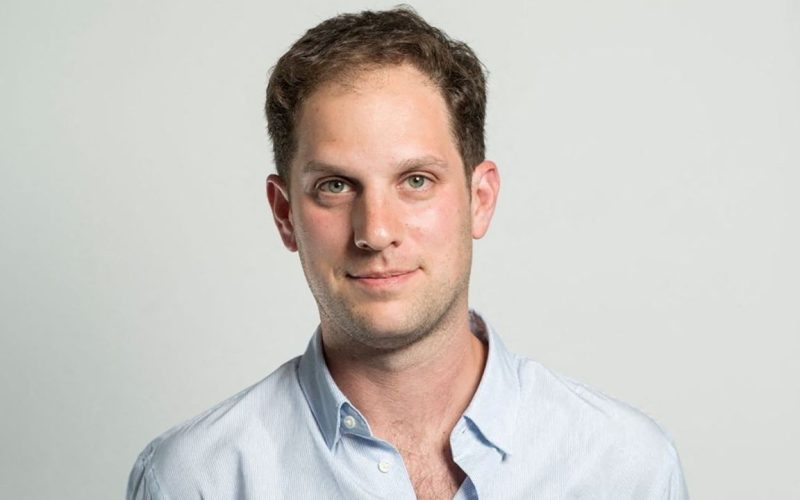Immigrant justice advocate Alejandra Oliva discusses her work as a translator on the border, how it relates to her life as a Mexican-American woman, and what it takes to actually become a U.S. citizen.
Read more


Immigrant justice advocate Alejandra Oliva discusses her work as a translator on the border, how it relates to her life as a Mexican-American woman, and what it takes to actually become a U.S. citizen.
Read more
Journalist Chris Smith discusses the ways both Republican and Democratic strategists view President Biden’s age and how voters might assess his abilities.
Read more
International affairs professor Christopher Layne discusses why Russia’s opposition of NATO has brought Europe to this point, and why the U.S. arming Ukrainians might have made the world less safe from nuclear warfare.
Read more
Oxford professor Timothy Garton Ash makes the case that to stabilize the continent, the E.U. must embrace some imperial characteristics.
Read more
Michael Grabell joins host Krys Boyd to discuss the rise in tire prices and how tires offer a window into stubborn inflation and supply-chain issues that continue to hamper the global economy.
Read more
Jennifer Carlson joins Krys Boyd to discuss her in-depth interviews with gun sellers to better understand how they market a certain brand of American individualism.
Read more
Investigative reporter Vianna Davila joins us to discuss the 900 soldiers dishonorably discharged, which allowed them to return to civilian life without having to face their alleged crimes in a courtroom.
Read more
Warren P. Strobel covers intelligence and security in the Journal’s Washington bureau, and he joins host Krys Boyd to discuss the very tricky road ahead to secure Gershkovich’s release.
Read more
Filmmaker Sara Terry joins us to talk about how the land mobile homes sit on is being bought out from under the residents, who are being priced out of their homes.
Read more
Reis Thebault from The Washington Post discusses the battles cities are waging to permanently ban cars in certain places in order to create public spaces for walkers and bicyclists.
Read more
Lisa Rein from The Washington Post details how the Biden administration has spent $250 million to modernize its vocational services but still uses outdated market data to determine benefits for 15 million people.
Read more
Journalist Roxanna Asgarian discusses the tragedy of a family that adopted six children from the foster system in Texas, and why checks and balances on child removal from birth families aren’t as thorough as they should be.
Read more